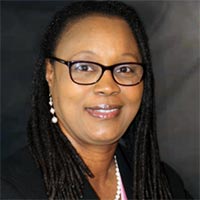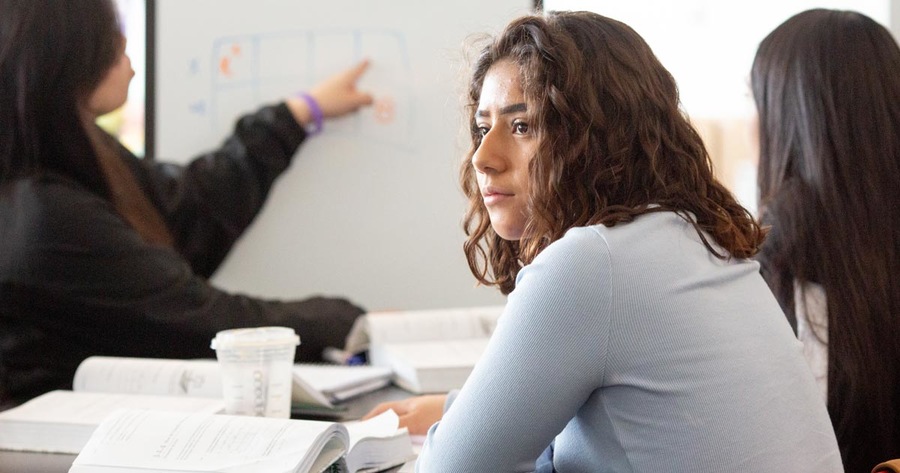But they must also acknowledge the gaps and barriers that currently exist for youth. As educator-leaders, we are tasked with leading intentional programs that produce impact, and to do that we must assess youth needs. The aim must always be to create lasting impact that is equitable and inclusive, not only at the program level but also with respect to youth's social-emotional level.
There is a need for critical work in educating and serving young people in a way that encompasses both holistic and creative strategies. This can be done through programs and practices that ensure access and opportunity for youth. Educator-leaders have the ability to create meaningful programmatic activities and experiences that are both inclusive and youth-centered.
Educator-leaders could benefit from following the "All A's Model," which is utilized to promote successful youth development and help alleviate inequities. At the heart of diversity work is inclusion, which creates confidence and a sense of belonging for each youth participant. We not only want to invite youth to participate, but we want them to be present and to understand the difference. In this sense, we are also fostering inclusive behavior, which represents true leadership.
The "All A's Model" for Leading Equitable and Inclusive Youth Programs
ASK YOURSELF: Why am I doing this work?
What is the aim of educational and personal development in this scenario? This question serves as a catalyst for program development. Once you know and understand your "why"' you will be able to lead with integrity and intention. An educator-leader who is open to learning, will address inequities first and create positive impact, later on.
ASSESS YOUTH NEEDS (Academic, Social-Emotional, and Personal Growth via Youth Voice)
This work is ongoing and educator-leaders would be wise to include practical conversations—dialogue with the youth—while in the process of dream-scaffolding with young people. According to Adriane Price, Licensed Professional Counselor and CEO of Holistically Yours!, "As educators, leaders, mentors, coaches, and counselors, we ought to listen more and talk less during dialogue." Show empathy and understanding as youth communicate their needs.
ACKNOWLEDGE the inequities. A Needs Assessment Tool will help to identify gaps and barriers. Never assume that there are no inequities. Include questions that are both open-ended and multiple choice. Keep it simple and probe a little by asking thought-provoking questions. Once youth communicate their needs, acknowledge that you heard the need, since needs may be masked inequities. Your role as a leader is to uncover hidden inequities.
ADOPT the mandate to expose and address inequities by creating diverse programs and activities that promote access and opportunity for each young person. Every young person matters. This growth mindset supports an equitable environment for reinforcing positive skills in all participants.
ACCOLADES for youth successes are more meaningful than you know. Showcase all successes via certificates, shout-outs, emails, text messages and handwritten notes. Never let an opportunity to build confidence, build dreams, or build relationships go unacknowledged.
Educator-leaders, this is your call to action:
Create equitable communities within your classrooms and programs. Recognize that while society has been socialized to undervalue some racial, ethnic, gender, and class groups, a current opportunity exists for YOU to create transformation by modeling and encouraging young people to lead. You will learn more about yourselves and youth in this process. This is where leading with equity and inclusion begins.
 Written by Dr. Sharon Sanders-Funnye, an Educator-Leader, Author, Dream-Scaffolder, and CEO for Savannah Dream Center, Inc., a not-for-profit organization, which is an educational resource for students, parents, and educators. She is also a Director, Student Development, and Adjunct Professor at College of Lake County, Grayslake, Illinois. She has spent 25+ years working as an educator-leader in youth development, K-12 and higher education. Dr. Sharon Sanders-Funnye is an NAA Advocate member.
Written by Dr. Sharon Sanders-Funnye, an Educator-Leader, Author, Dream-Scaffolder, and CEO for Savannah Dream Center, Inc., a not-for-profit organization, which is an educational resource for students, parents, and educators. She is also a Director, Student Development, and Adjunct Professor at College of Lake County, Grayslake, Illinois. She has spent 25+ years working as an educator-leader in youth development, K-12 and higher education. Dr. Sharon Sanders-Funnye is an NAA Advocate member.
Main photo courtesy of Allison Shelley for American Education: Images of Teachers and Students in Action.

